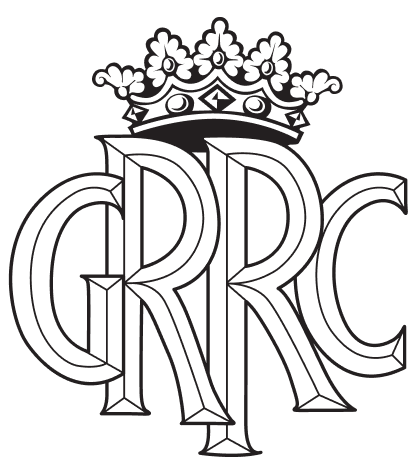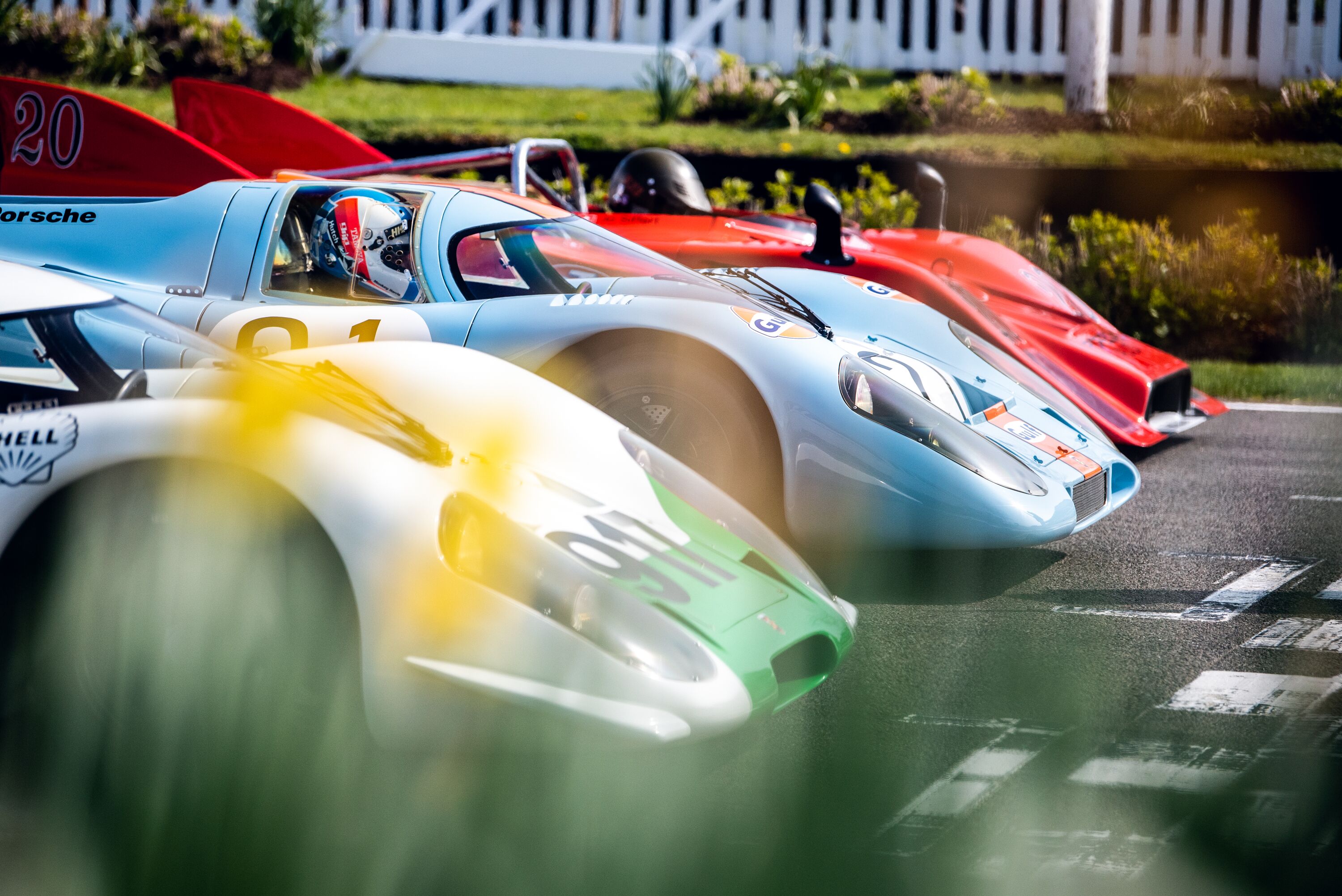The unluckiest land speed record car
 Andrew Frankel
Andrew Frankel
So the Bloodhound SSC Land Speed Record project has been saved at the very last hour. Administrators had said they were going to return those assets the project did not own – like the Rolls-Royce EJ200 jet engine and start selling off those it did to maximise creditor return, when out of nowhere a Yorkshire businessman called Ian Warhurst appeared and bought the entire project. What’s more it appears he remains committed to realising the original goal of the project – namely to propel a man across the face of the planet at 1,000mph.
Now forgive me if I don’t start jumping up and down about this just yet. If Mr Warhurst means what he says that is very good news, if he actually goes on to deliver the desired outcome I’ll be as happy as any not directly involved with the project. But there are few businesses in the world more prone to a false dawn than the Land Speed Record breaking business and while I have no reason at all not to take him at his word, I’ll reserve judgement until he reveals the specifics of his plan in the New Year. For now, too many questions remain unanswered, such as does he have the £25 million estimated to be needed to get the project over the line and will he be retaining the services of people like driver Andy Green, project leader Richard Noble and chief engineer Mark Chapman?
Then again, Land Speed Record breakers are a doughty lot: before Andy Green became the most recent record breaker 21 years ago, it took Richard Noble every penny he had and two abortive attempts before he finally captured the record in Thrust 2. But it is the last Brit before Messrs Noble and Green to hold the record who showed most clearly just how far unlimited courage and determination can get you.
The plan for Donald Campbell to break the Land Speed Record was born in 1955 when he broke the Water Speed Record on Lake Mead and it was suggested at the celebration dinner than he now turn his attention to the land. Work proper on the design on the Bluebird-Proteus CN7 began in 1956, with the plan being to create a car that would not just break the existing 394mph record set by John Cobb’s Railton Mobil Special in 1947, but smash it to bits. Indeed Bluebird was designed in all regards to do 500mph and had it done so, it would have raised the record by a wildly greater margin than any previous project.
What was produced was a car to make all previous LSR machines look like stuff from the stone age. It was built around an aluminium honeycomb eggshell structure whose extraordinary strength would save Campbell’s life. It had four-wheel-drive, on board telemetry, even a head up display for goodness sake. Power came from a Bristol Proteus gas turbine engine designed for the Britannia turboprop airliner but modified so that power could be taken from each end and directed to both axles to provide four-wheel-drive. Dunlop provided tyres to clothe the 52in split rim wheels, and built a special rig to ensure they’d be safe at 500mph. Given it was designed in the 1950s, Bluebird was an extraordinary device.
But you need more than that to break the Land Speed Record, you need a little luck too, and what little the CN7 had was all bad. Finally, after 36,000 man hours of design work alone, by 1960 it was ready to run. It was shaken down at Goodwood, where it did 100mph with the engine essentially at idle, and was then shipped to Bonneville where Campbell’s father had been first to break the 300mph barrier a quarter of a century earlier.
Some say Campbell was spooked by the memory of his father, others that he was wound up by Mickey Thompson, his chief rival at the time, but he pressed on regardless until on one run using only 80 per cent power, a side wind caught the car. Lacking a rear stabiliser fin, Campbell lost control at a speed with low and high estimates of 325-375mph. The ensuing accident left Campbell with a fractured skull and a car believed to be all but written off.
Which, I expect, would have been enough for you and me. But not Campbell and his team. When it was stripped down the car was discovered to have withstood the accident remarkably well, though it would be 1963 before it had been rebuilt and was ready to run again, now with a vertical rear stabiliser. This time the location was Lake Eyre in Australia, chosen in part because it had not rained there for 20 years. But in 1963 it rained. And rained. And rained. The attempt was abandoned and Campbell returned home to baseless suggestions that he was no longer quite the same man as that which had crashed in 1960.
But he was back in 1964, but so was the rain. This time however, he did not quit. Only July 17th he went out there onto the lake bed and in damp conditions utterly unsuited to record breaking, became the first person to set a Land Speed Record beyond 400mph.
Even then there was no shortage of detractors. Some pointed out that he’d raised the record by just 9mph, others that Craig Breedlove had gone past 400mph in 1963 in his Spirit of America and the only reason he didn’t break the Land Speed Record was that, at the time, the FIA only recognised wheel-driven attempts. And the truth is the track conditions meant he got nowhere near the 500mph Bluebird had been designed to achieve.
But then, on the last day of the year, he went to Lake Dumbleyung near Perth with his Bluebird jetboat, and shot across its surface at 276mph, becoming the first person ever to set the world land and water speed record in the same year. And in the 54 years since that day, no-one else has even looked like doing it again.
As an achievement and to me at least, that ranks among the greatest there has been in the world of speed record breaking. So if Campbell could do that after all he had suffered, I believe Bloodhound can still get to 1,000mph. Whether it will or not is another matter. Over to you Mr Warhurst.
Bloodhound
Bluebird
CN7
Andrew Frankel
Donald Campnbell































































